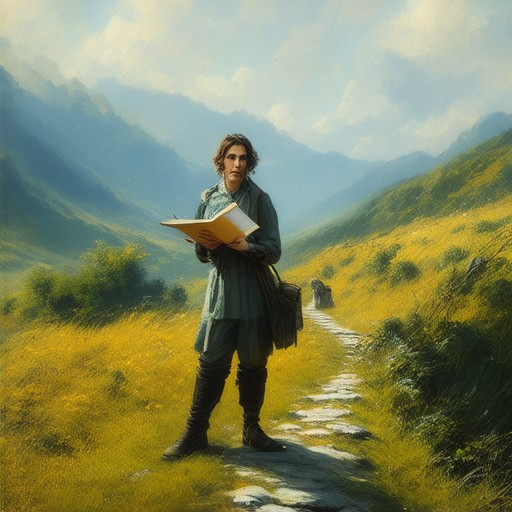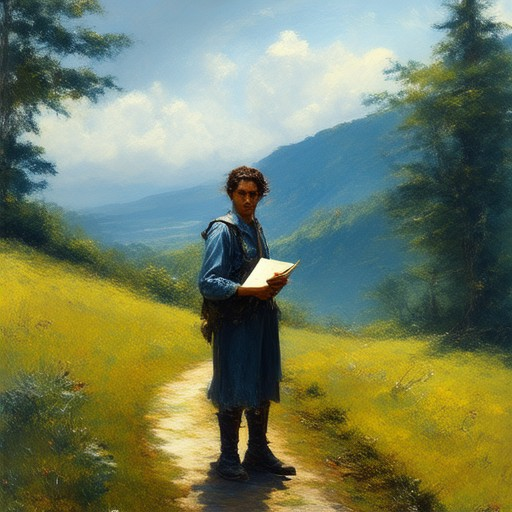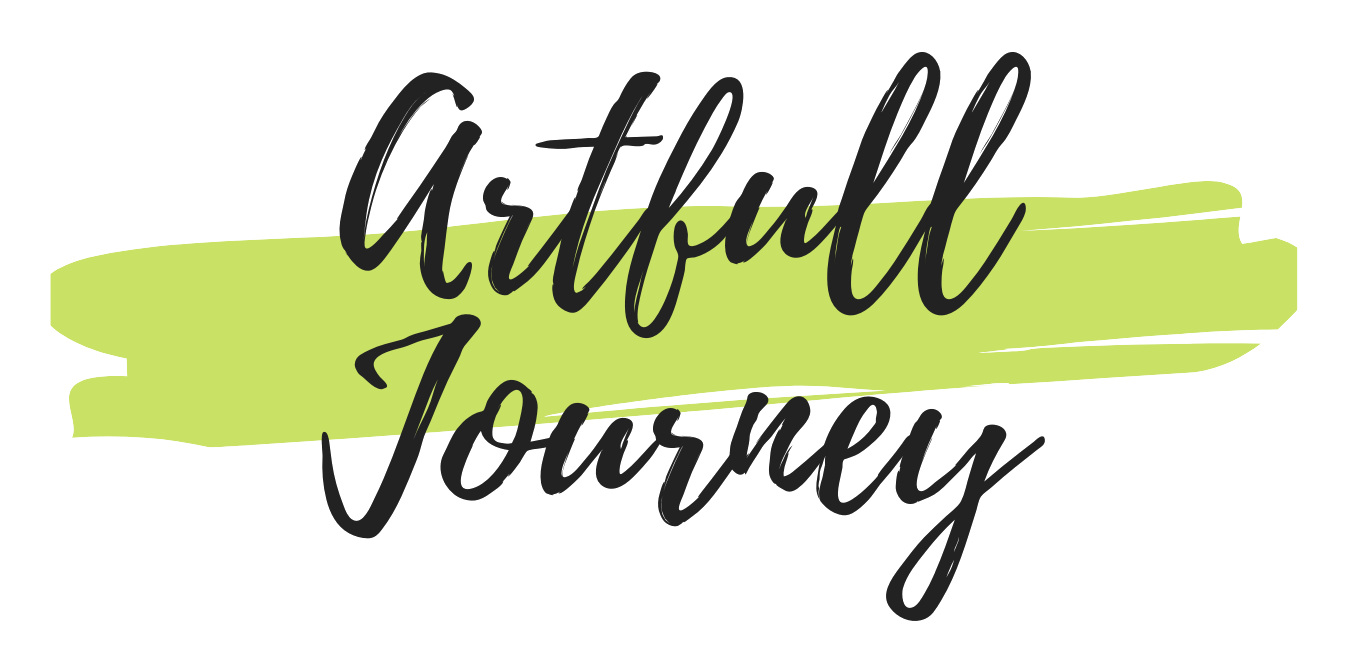Improving your art techniques can be a transformative experience, allowing you to unlock new creative possibilities and elevate your artistic expression. Whether you’re an aspiring artist or someone looking to refine their skills, mastering art techniques requires consistent practice, targeted feedback, and a willingness to learn. This guide explores actionable strategies and methods to help you systematically improve your art, from daily practice routines to leveraging structured learning and feedback mechanisms. By focusing on technique-specific drills, exploring diverse art styles, and embracing creativity, you can develop a robust skill set that sets you apart. Read on to discover how you can enhance your art techniques and achieve your full potential as an artist.
Key Takeaways
– Assess Your Skills: Begin by evaluating your current abilities through self-reflection or peer reviews to guide your practice and learning focus.
– Establish a Routine: Dedicate daily time to art practice, rotating between different skills like still life drawing and portrait sketching to maintain variety and engagement.
– Seek Constructive Feedback: Join online communities or find a mentor for targeted advice and criticism, fostering growth through openness to suggestions.
– Structured Learning: Enroll in online courses or follow tutorials to gain systematic knowledge, inspired by studying masterpieces and techniques.
– Experiment Freely: Explore various media and styles in your practice to stimulate creativity and avoid monotony.
– Track Progress: Maintain a journal or portfolio to document improvements and set achievable goals, visually demonstrating your growth.
– Stay Inspired: Follow artists on social media, subscribe to newsletters, and set monthly themes to explore diverse styles and boost motivation.
– Leverage Others’ Work: Analyze competitors’ pieces for learning opportunities while focusing on personal development rather than comparison.
– Invest in Tools: Use quality art supplies wisely to enhance your technique without unnecessary expense.
– Manage Time Well: Balance art practice with other responsibilities by prioritizing tasks and setting realistic daily goals.

How to Systematically Improve Your Art Techniques
To enhance your art techniques, consider implementing a structured approach that combines daily practice, organized learning, and focused feedback. Here’s a step-by-step guide to help you achieve steady growth:
- Assess Your Current Skills : Begin by identifying your strengths and weaknesses through self-reflection or peer reviews. This will guide your practice sessions and learning focus.
- Establish a Daily Routine : Dedicate a specific time each day for art practice. Rotate your focus among different skills, such as still life drawing one day and portrait sketching the next, to avoid monotony.
- Seek Targeted Feedback : Join online communities or find a mentor for constructive criticism. Approach feedback seekers politely and be open to suggestions to refine your techniques.
- Enroll in Structured Learning : Take online art courses or follow tutorials to gain structured knowledge. Study the works of master artists for inspiration and technique insights.
- Experiment with New Techniques : Keep your practice varied by exploring different media and styles. This prevents boredom and stimulates creativity.
- Track Progress : Maintain a journal or online portfolio to document your improvements and set achievable goals.
- Stay Inspired : Follow artists on social media, subscribe to art newsletters, and set monthly themes to explore diverse styles and keep motivation high.
- Leverage Competition : Analyze other artists’ works for learning opportunities without comparing yourself harshly, focusing instead on personal growth.
- Invest in Tools : Enhance your technique with quality art supplies without overspending, ensuring tools support your creative process.
- Manage Time Effectively : Balance art practice with other commitments by prioritizing tasks and setting realistic daily goals.
By systematically applying these strategies, you can develop your art skills progressively and confidently.
What Are Effective Ways to Improve Art Techniques?
Here are some proven strategies to enhance your artistic skills:
- Regular Practice: Dedicate time daily to work on your craft. Even 30 minutes can make a significant difference.
- Study Masters: Analyze works from renowned artists to understand composition, lighting, and color theory.
- Experiment with Mediums: Try different materials to see how they affect your artwork’s texture and appearance.
- Seek Feedback: Show your work to peers or join art classes for constructive criticism and improvements.
- Explore Different Genres: Step out of your comfort zone and try new styles to broaden your creativity.
- Stay Inspired: Visit museums, watch documentaries, or follow artists on social media to fuel your creativity.
- Practice Anatomy: Study human anatomy to create more realistic figures, whether in portraits or still lifes.
- Develop a Personal Style: Experiment with unique techniques and find what works best for your artistic vision.
- Join Art Communities: Participate in online forums or local groups to share ideas and learn from others.
- Continuous Learning: Take workshops, read books, and watch tutorials to keep your skills fresh and evolving.
For more resources and detailed guides, visit Artfull Journey’s Tutorials and explore our Artist Community .

How to Systematically Improve Your Art Techniques
To enhance your art techniques, consider implementing a structured approach that combines daily practice, organized learning, and focused feedback. Here’s a step-by-step guide to help you achieve steady growth:
- Assess Your Current Skills : Begin by identifying your strengths and weaknesses through self-reflection or peer reviews. This will guide your practice sessions and learning focus.
- Establish a Daily Routine : Dedicate a specific time each day for art practice. Rotate your focus among different skills, such as still life drawing one day and portrait sketching the next, to avoid monotony.
- Seek Targeted Feedback : Join online communities or find a mentor for constructive criticism. Approach feedback seekers politely and be open to suggestions to refine your techniques.
- Enroll in Structured Learning : Take online art courses or follow tutorials to gain structured knowledge. Study the works of master artists for inspiration and technique insights.
- Experiment with New Techniques : Keep your practice varied by exploring different media and styles. This prevents boredom and stimulates creativity.
- Track Progress : Maintain a journal or online portfolio to document your improvements and set achievable goals.
- Stay Inspired : Follow artists on social media, subscribe to art newsletters, and set monthly themes to explore diverse styles and keep motivation high.
- Leverage Competition : Analyze other artists’ works for learning opportunities without comparing yourself harshly, focusing instead on personal growth.
- Invest in Tools : Enhance your technique with quality art supplies without overspending, ensuring tools support your creative process.
- Manage Time Effectively : Balance art practice with other commitments by prioritizing tasks and setting realistic daily goals.
By systematically applying these strategies, you can develop your art skills progressively and confidently.

How to Systematically Improve Your Art Techniques
To enhance your art techniques, consider implementing a structured approach that combines daily practice, organized learning, and focused feedback. Here’s a step-by-step guide to help you achieve steady growth:
- Assess Your Current Skills : Begin by identifying your strengths and weaknesses through self-reflection or peer reviews. This will guide your practice sessions and learning focus.
- Establish a Daily Routine : Dedicate a specific time each day for art practice. Rotate your focus among different skills, such as still life drawing one day and portrait sketching the next, to avoid monotony.
- Seek Targeted Feedback : Join online communities or find a mentor for constructive criticism. Approach feedback seekers politely and be open to suggestions to refine your techniques.
- Enroll in Structured Learning : Take online art courses or follow tutorials to gain structured knowledge. Study the works of master artists for inspiration and technique insights.
- Experiment with New Techniques : Keep your practice varied by exploring different media and styles. This prevents boredom and stimulates creativity.
- Track Progress : Maintain a journal or online portfolio to document your improvements and set achievable goals.
- Stay Inspired : Follow artists on social media, subscribe to art newsletters, and set monthly themes to explore diverse styles and keep motivation high.
- Leverage Competition : Analyze other artists’ works for learning opportunities without comparing yourself harshly, focusing instead on personal growth.
- Invest in Tools : Enhance your technique with quality art supplies without overspending, ensuring tools support your creative process.
- Manage Time Effectively : Balance art practice with other commitments by prioritizing tasks and setting realistic daily goals.
By systematically applying these strategies, you can develop your art skills progressively and confidently.
How to Systematically Improve Your Art Techniques
To enhance your art techniques, consider implementing a structured approach that combines daily practice, organized learning, and focused feedback. Here’s a step-by-step guide to help you achieve steady growth:
- Assess Your Current Skills : Begin by identifying your strengths and weaknesses through self-reflection or peer reviews. This will guide your practice sessions and learning focus.
- Establish a Daily Routine : Dedicate a specific time each day for art practice. Rotate your focus among different skills, such as still life drawing one day and portrait sketching the next, to avoid monotony.
- Seek Targeted Feedback : Join online communities or find a mentor for constructive criticism. Approach feedback seekers politely and be open to suggestions to refine your techniques.
- Enroll in Structured Learning : Take online art courses or follow tutorials to gain structured knowledge. Study the works of master artists for inspiration and technique insights.
- Experiment with New Techniques : Keep your practice varied by exploring different media and styles. This prevents boredom and stimulates creativity.
- Track Progress : Maintain a journal or online portfolio to document your improvements and set achievable goals.
- Stay Inspired : Follow artists on social media, subscribe to art newsletters, and set monthly themes to explore diverse styles and keep motivation high.
- Leverage Competition : Analyze other artists’ works for learning opportunities without comparing yourself harshly, focusing instead on personal growth.
- Invest in Tools : Enhance your technique with quality art supplies without overspending, ensuring tools support your creative process.
- Manage Time Effectively : Balance art practice with other commitments by prioritizing tasks and setting realistic daily goals.
By systematically applying these strategies, you can develop your art skills progressively and confidently.

How Can I Systematically Improve My Art Techniques?
To systematically improve your art techniques, consider implementing a structured approach that combines daily practice, organized learning, and focused feedback. Here’s a comprehensive guide to achieving lasting growth:
Daily Practice Tips
- Consistency is Key: Dedicate a specific time each day to practice. Even short sessions can significantly enhance your skills over time.
- Focus on Specific Goals: Choose one area to improve daily, whether it’s drawing, shading, or composition.
- Experiment Regularly: Try new techniques or mediums to challenge yourself and expand your creative boundaries.
- Review and Refine: Look back at your previous works and identify areas for improvement. Use these insights to guide your future practices.
Structured Learning Strategies
- Set Clear Objectives: Define both short-term and long-term goals for your artistic development. Break them down into manageable steps.
- Curate a Learning Plan: Use resources like online courses, art books, or workshops to guide your structured learning process.
- Join Creative Communities: Participate in art groups or forums to gain exposure to diverse styles and receive constructive feedback.
- Document Progress: Keep a portfolio or journal to track your improvements and measure your growth over time.
Targeted Feedback Approach
- Seek Regular Input: Share your work with trusted peers or mentors who can provide honest and insightful feedback.
- Participate in Critiques: Attend art exhibitions, galleries, or online platforms where you can present your work for critique and discussion.
- Learn from Experts: Take classes or workshops led by experienced artists to gain professional insights and techniques.
- Implement Feedback: Use the suggestions received to refine your approach and continuously improve your artistry.
By combining these strategies, you can create a robust framework for developing your artistic skills. Remember, progress takes time, patience, and dedication. Embrace the journey, experiment often, and let your passion guide your growth.




0 Comments